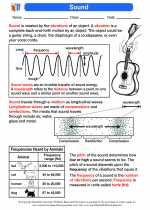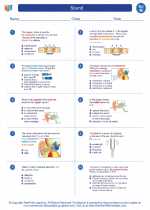Calcium
Calcium is a chemical element with the symbol Ca and atomic number 20. It is an essential element for living organisms, particularly in the formation of bones and teeth. Calcium also plays a crucial role in various physiological processes including muscle contraction, nerve transmission, and cell signaling.
Properties of Calcium:
- Solid at Room Temperature: Calcium is a silvery-white, relatively soft metal.
- Reactivity: It reacts with water to produce calcium hydroxide and hydrogen gas.
- Abundance: It is the fifth most abundant element in the Earth's crust.
Role in Living Organisms:
Calcium is crucial for the formation and maintenance of bones and teeth. It is also involved in muscle contraction, blood clotting, and enzyme function. In nerve cells, calcium ions play a key role in transmitting signals.
Sources of Calcium:
Calcium is commonly found in dairy products such as milk, cheese, and yogurt. It can also be obtained from green leafy vegetables, nuts, and certain fortified foods and beverages.
Calcium Deficiency:
Insufficient intake of calcium can lead to a condition known as osteoporosis, characterized by weak and brittle bones. In severe cases, calcium deficiency can also lead to muscle cramps, numbness, and abnormal heart rhythms.
Study Guide:
To effectively study the topic of calcium, consider the following key points:
- Understand the chemical properties of calcium and its reactivity with water.
- Explore the role of calcium in living organisms, particularly its contribution to bone health and muscle function.
- Identify sources of dietary calcium and the importance of maintaining adequate intake.
- Learn about the consequences of calcium deficiency and the associated health risks.








